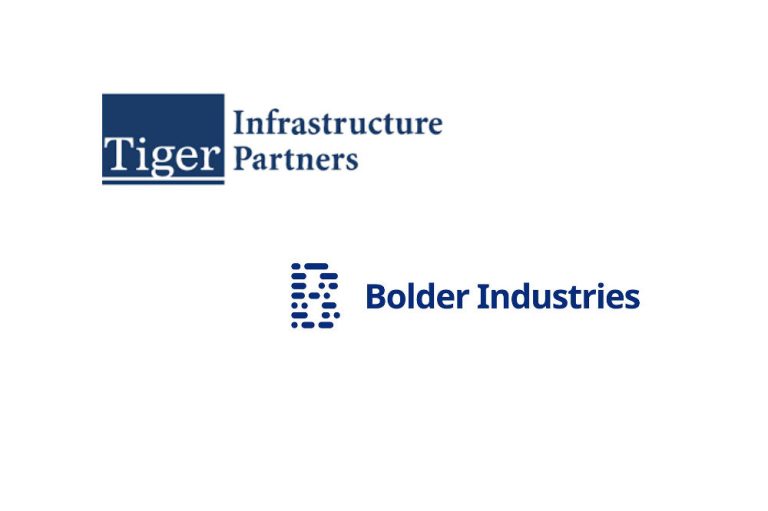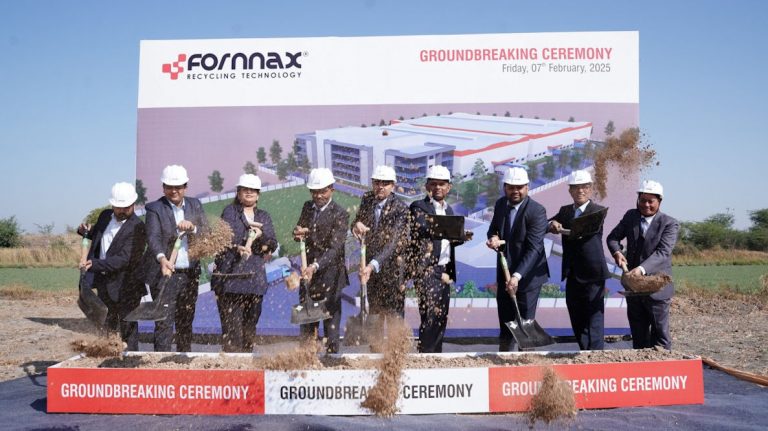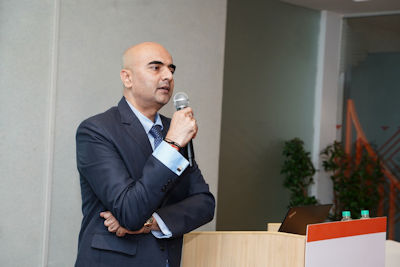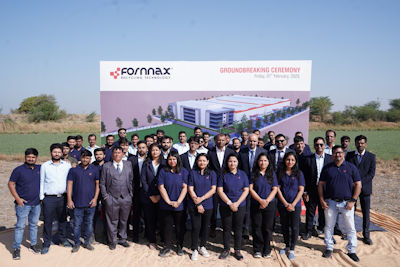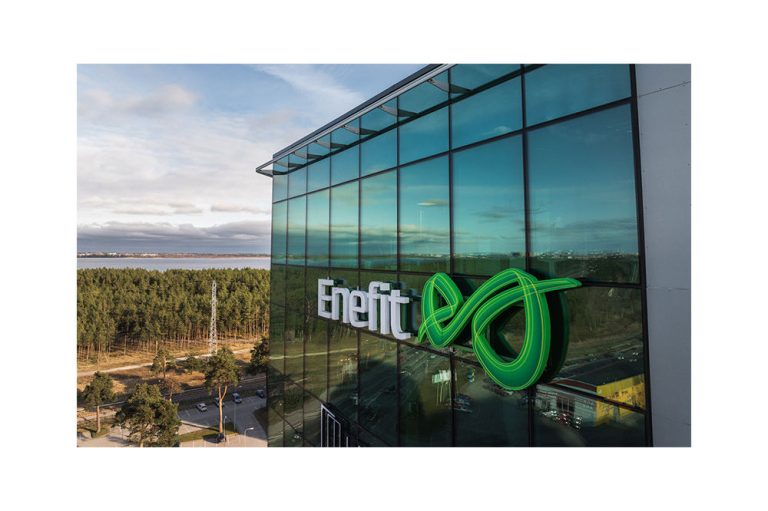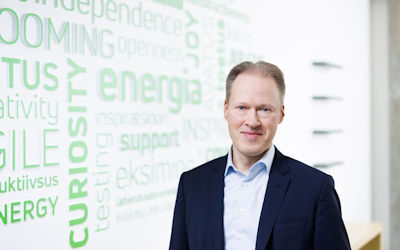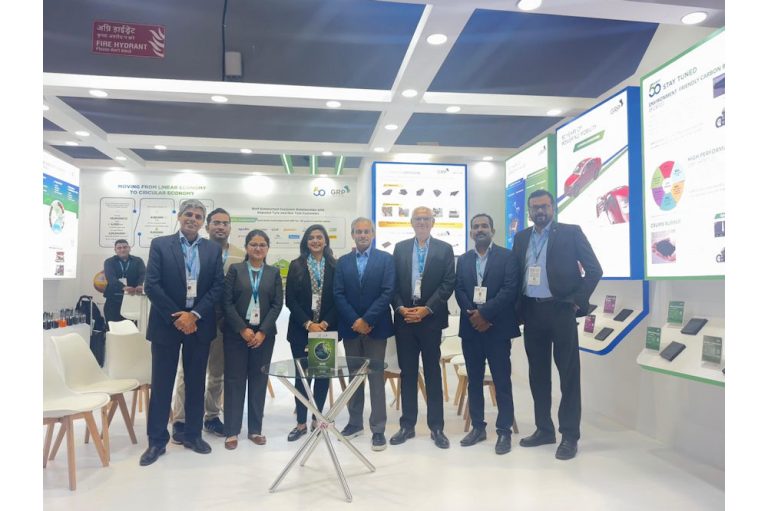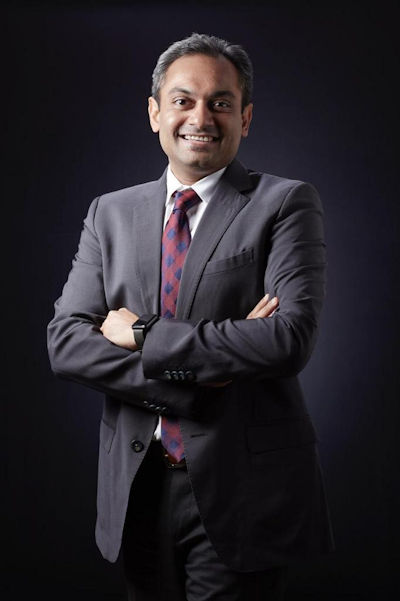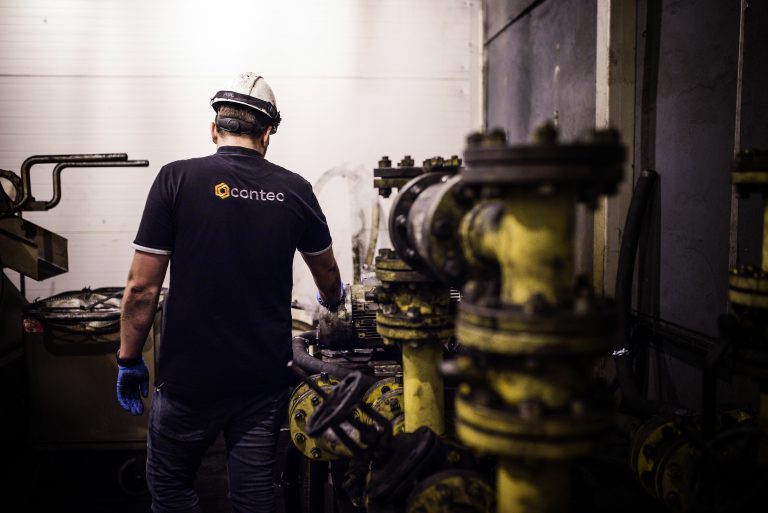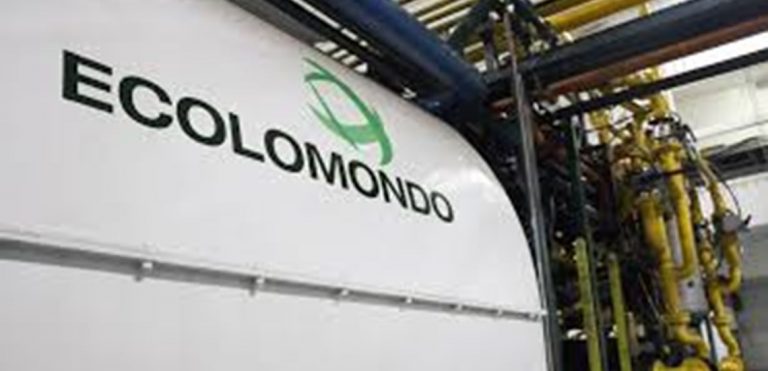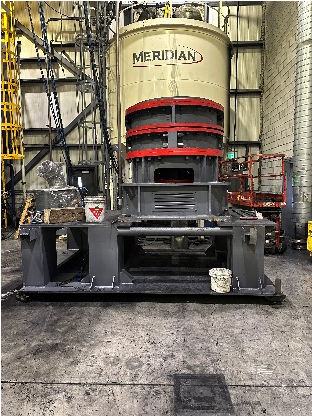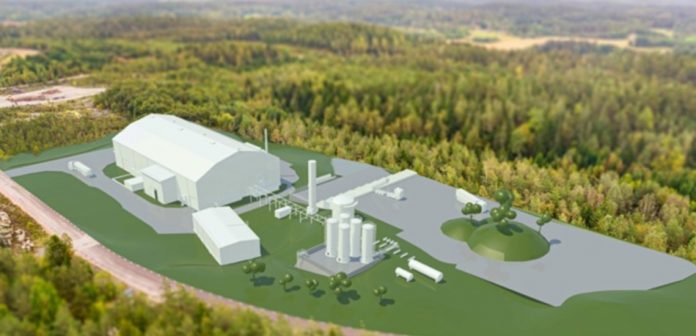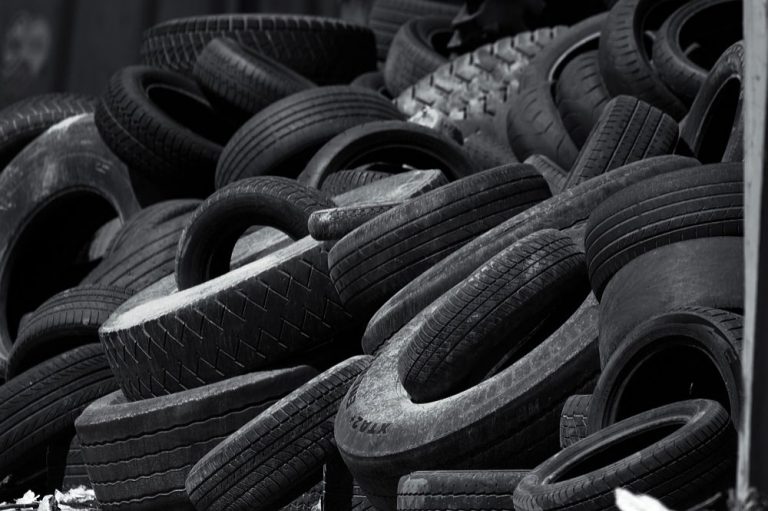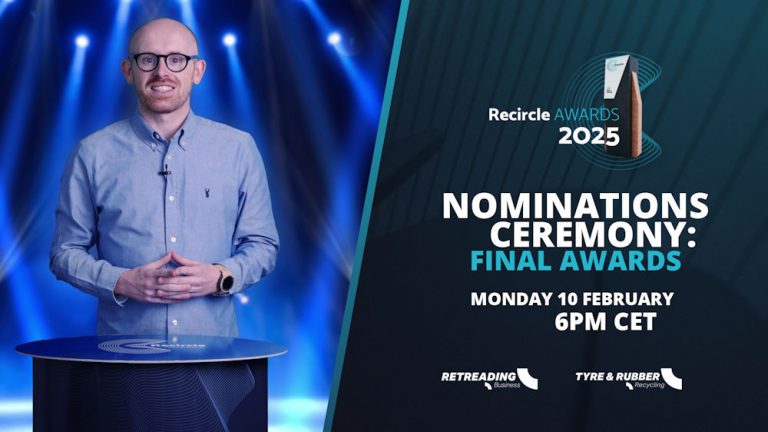Tiger Infrastructure has announced a transformational growth investment in Bolder Industries to provide growth capital to enable the development of new facilities
Bolder’s existing operating facility in Maryville, Missouri has commercialised its proprietary process for transforming ELT into recovered carbon black, for which demand is growing globally. The Company’s BolderBlack products help some of the largest brands in the world increase their use of sustainable materials and are currently found in such varied applications as tyres, wetsuits, roofing products, belts, hoses, construction piping, phone cases, and automotive parts.
Bolder also produces pyrolysis oil – BolderOil – which has applications in renewable fuels, carbon black oil, process oils, solvents and petrochemicals, providing unique circularity features for their respective markets.
Bolder is currently constructing a second facility in Terre Haute, Indiana, to scale production, and has a third facility under development in Antwerp, Belgium. The Company’s Belgium facility will be located in the NextGen District of the Port of Antwerp, which hosts other circular economy projects. Bolder has plans to develop additional sites after Terre Haute and Antwerp.
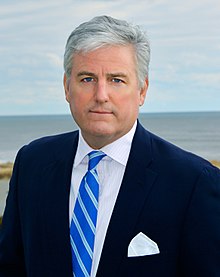
Emil W. Henry, Jr., Tiger Infrastructure CEO & CIO, stated; “As an innovator in the production of recovered carbon black and pyrolysis oil, we believe that Bolder is in a prime position to capitalise on growing demand for validated, cost-effective circular economy products from ELT. Bolder has been at the forefront in demonstrating the ability to consistently produce high-quality products for some of the most discerning global consumer brands.”
Joe Clemente, Tiger Infrastructure Managing Director, added; “We have been impressed by Tony Wibbeler, Founder and CEO, and his team. They are among the leaders in this emerging sector where there are very few players with the expertise and track record in developing these essential infrastructure projects.”
“We are thrilled to partner with Tiger Infrastructure in our next phase of growth,” said Tony Wibbeler. “Tiger Infrastructure is our partner of choice because they were a first mover in growth infrastructure and possess a successful track record in scaling infrastructure platforms like ours. Further, they have a valuable operating partner network and a unique transatlantic footprint that can help us grow our current and planned asset base in both the US and Europe. There is robust market demand globally for our products and we are excited to leverage Tiger Infrastructure’s expertise in building the infrastructure of tomorrow.”
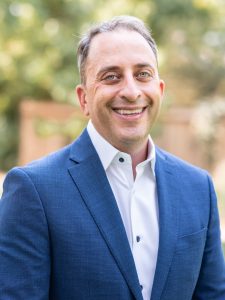
Bolder has secured patents relating to its technology and existing operations, as well as both feedstock supply and product offtake at both of its new facilities. Each new location is designed to recycle more than 4 million ELT annually.
A combination of supportive public policy and regulation as well as the circularity and sustainability goals of many consumer-facing companies, including large tyre, rubber and plastics firms, is helping to drive demand for Bolder’s products. Bolder expects to reduce greenhouse gas emissions by approximately 85 per cent compared to the competing traditional products.
Latham & Watkins LLP served as legal advisor to Tiger Infrastructure. King & Spalding served as legal advisor and Greenhill, a Mizuho affiliate, served as financial advisor to Bolder.

















